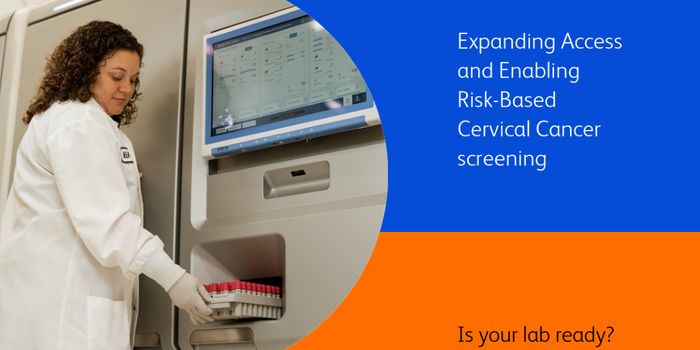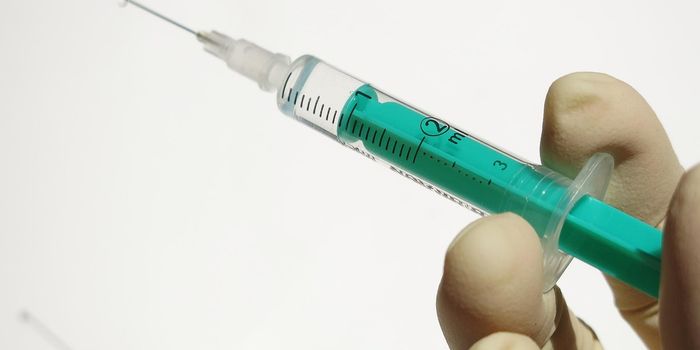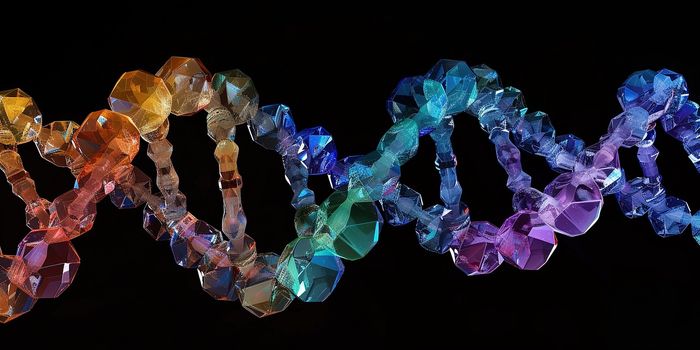Common food additive could lead to colorectal cancer
Have you ever heard of E171? Otherwise known as titanium dioxide nanoparticles, E171 is a common additive in foods and medicines and is used as a whitening agent in over 900 different foods, from chewing gum to mayonnaise. New research published in Frontiers in Nutrition investigates the adverse effect that food additive E171 has on gut microbiota, which is thought to be correlated to diseases like inflammatory bowel diseases and colorectal cancer.
The research comes from scientists at the University of Sydney and was conducted on mice, who were given foods with E171. While the presence of the additive was not found to alter the composition of gut microbiota, it did change the bacteria’s activity. One consequence the researchers noticed was the formation of biofilms, or bacteria that stick together, which has been known to be related to colorectal cancer.
"It is well established that dietary composition has an impact on physiology and health, yet the role of food additives is poorly understood," said Associate Professor Wojciech Chrzanowski, co-lead author of the study and a nanotoxicology expert from the University of Sydney's School of Pharmacy and Sydney Nano Institute. "There is increasing evidence that continuous exposure to nanoparticles has an impact on gut microbiota composition, and since gut microbiota is a gate keeper of our health, any changes to its function have an influence on overall health."
"This study presents pivotal evidence that consumption of food containing food additive E171 (titanium dioxide) affects gut microbiota as well as inflammation in the gut, which could lead to diseases such as inflammatory bowel diseases and colorectal cancer," said Chrzanowski.
This isn’t the first strike against E171. The use of titanium dioxide and other nanoparticles has already been linked to rising rates of dementia, auto-immune diseases, cancer metastasis, eczema, asthma, and autism – though the researchers agree that more investigation is needed in order to fully understand its long-term impacts.
Co-lead author Associate Professor Laurence Macia from the University of Sydney said: "Our research showed that titanium dioxide interacts with bacteria in the gut and impairs some of their functions which may result in the development of diseases. We are saying that its consumption should be better regulated by food authorities."
Sources: Science Daily, Frontiers in Nutrition









